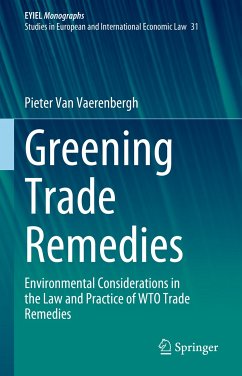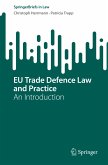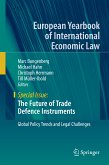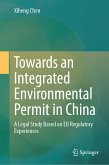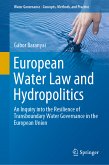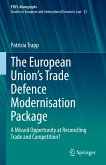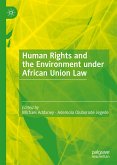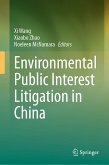This book explores the role of trade remedies in liberalising environmental trade and discouraging environmentally harmful trade. As trade remedies can pose a significant obstacle to environmental trade, this book outlines how trade negotiators can implement restrictions on the application of trade remedies on environmental goods. It also assesses whether and how investigating authorities can account for differences in environmental protection standards in trade remedy investigations and considers what a possible 'trade remedy' for environmental harm might look like. Although the book concludes that trade remedies will remain a trade instrument primarily driven by economic and competitiveness concerns, it demonstrates how environmental considerations can guide trade remedy policy, how investigating authorities can properly account for the environmental costs of production, and how the limited policy space available in the WTO Agreements on Trade Remedies can be used to pursue green policy goals.
Dieser Download kann aus rechtlichen Gründen nur mit Rechnungsadresse in A, B, BG, CY, CZ, D, DK, EW, E, FIN, F, GR, HR, H, IRL, I, LT, L, LR, M, NL, PL, P, R, S, SLO, SK ausgeliefert werden.

